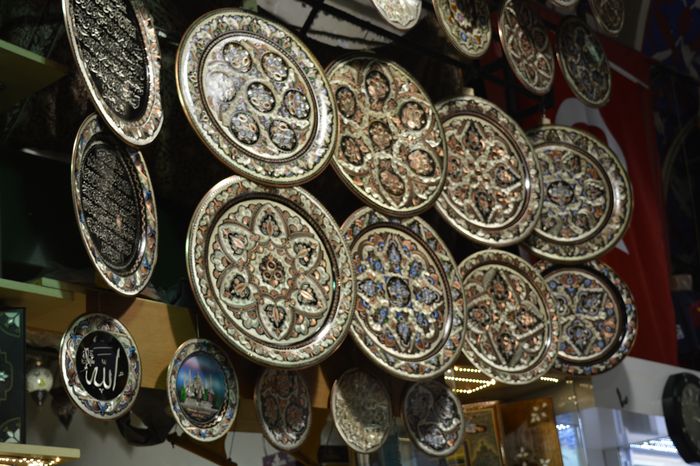When Junilus completed the measure of his life, Constantine was appointed Quaestor: a man not unacquainted with law, but exceeding young, and without actual experience in court; and the most thievish bully among men. Of this person Justinian was very fond, and became his bosom friend, since through him the Emperor saw he could steal and run the office as he wished. Consequently, Constantine had great wealth in a short time, and assumed an air of prodigious pomp, with his nose in the clouds despising all men; and even those who wanted to offer him large bribes had to entrust them to those who were in his special confidence, to offer him together with their requests; for it was never possible to meet or talk with him, except when he was running to the Emperor or had just left him, and even then he trotted by in a great hurry, lest his time be wasted by somebody who had no money to give him. This is what the Emperor did to the quaestorship.
THE SKY TAX, AND HOW BORDER ARMIES WERE FORBIDDEN TO PUNISH INVADING BARBARIANS
The Prefect in charge of the praetors each year handed over to the Emperor more than thirty centenaries in addition to the public taxes; this tribute was called the sky tax, to show, I suppose, that it was not a regular duty or assessment, but as it were fell into his hands by chance out of the sky: it should have been called the villainy tax, for in its name the magistrates robbed their subjects worse than ever, on the ground they had to hand it over to the autocrat, while they themselves acquired a king’s fortune in no time. For this Justinian left them unpunished, awaiting the time when they should have gained immense riches; as soon as this happened, he brought some charge against them for which there was no defense, and confiscated their entire property all at once, as he had done to John of Cappadocia.
Everyone appointed to office during this period of course became immensely wealthy at once, with two exceptions: Phocas, whom I have mentioned elsewhere as an utterly honest man, who remained uncorrupted by gain during his office; and Bassus, who was appointed later. Neither of these gentlemen held their office for a year, but were removed after a few months as useless and unsuited to the times. But if I went into all the details, this book would never end: suffice it to say that all the rest of the magistrates in Constantinople were equally guilty.
Read More about Comparison to the new officials






